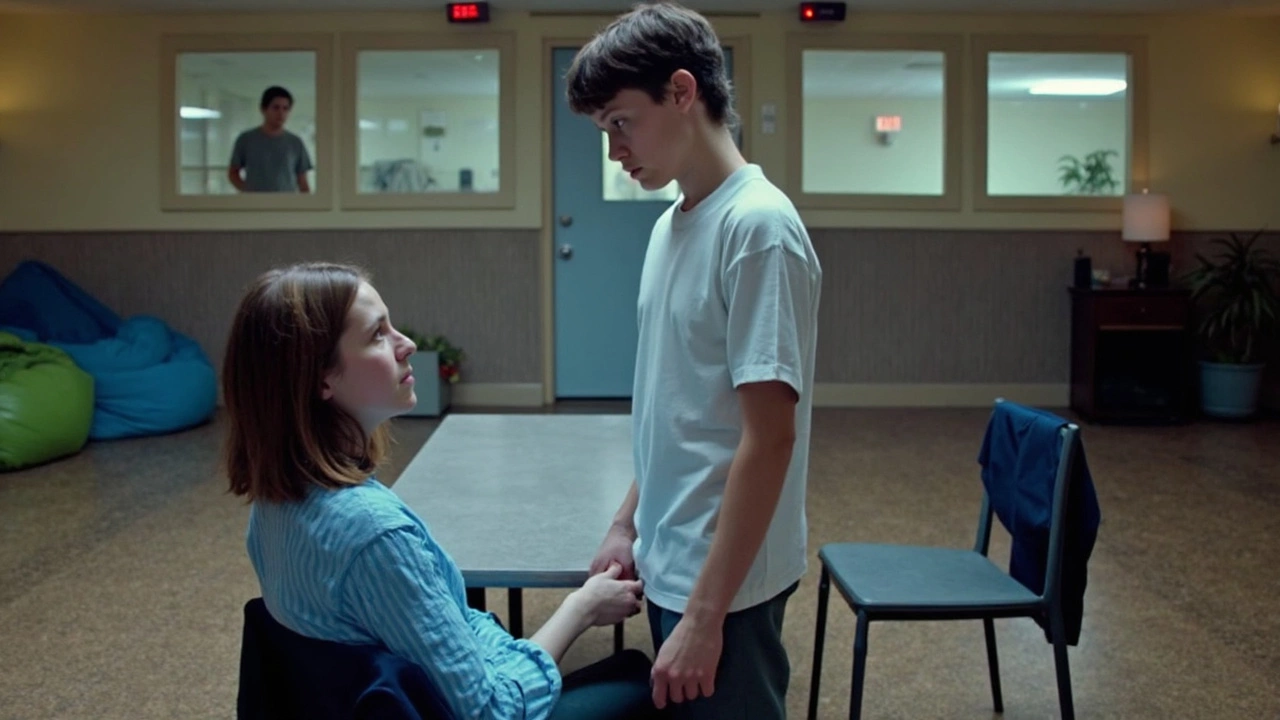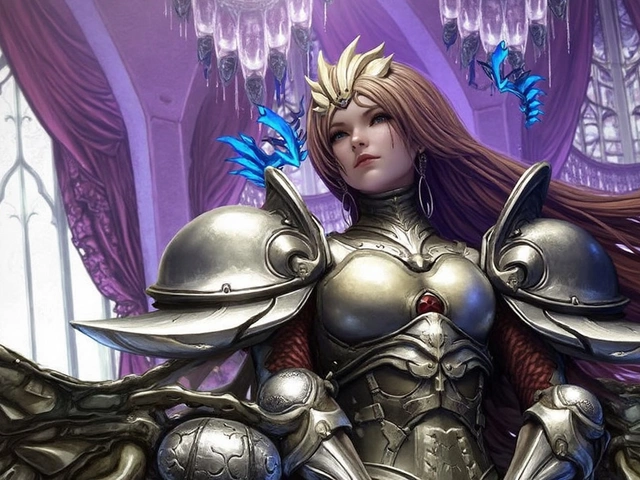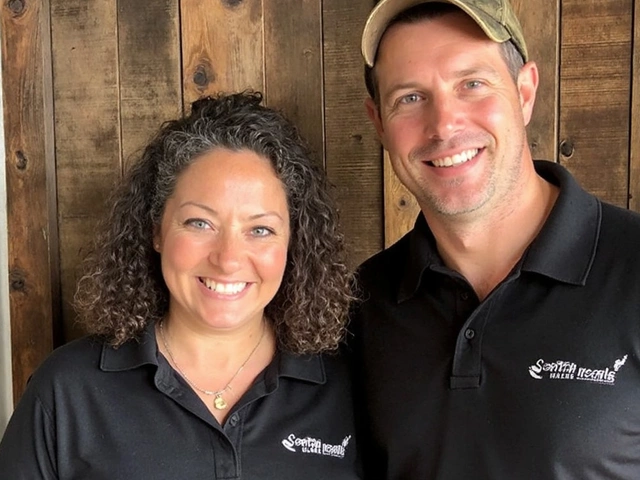The Hidden Pipeline: How Misogynistic Grooming Starts Online
Scroll through TikTok or YouTube, and you don’t have to look hard to spot young men shouting about 'feminist lies' or the supposed downfall of masculinity. It’s not by accident. Across popular corners of the internet, communities like incel communities have turned recruiting new followers into an ugly science. They prey on boys and men struggling with confidence, loneliness, or frustration, and they use a mix of outrage, manufactured statistics, and viral memes to crack open insecurities about sex, status, and self-worth.
At the heart of this web are notorious influencers like Andrew Tate and Roosh V. They run expensive mentorship programs promising wealth, women, and dominance, sometimes wrapping their businesses in pyramid-scheme models where current members get rewarded for bringing in fresh faces. Their message is relentless: real men are under attack, and only by embracing aggression, rebellion, and a hatred of feminism can they survive. It sounds extreme, but with enough repetition, it sticks—especially when a sense of brotherhood and belonging comes with it.
This online propaganda isn’t just about venting. These spaces thrive on feeding conspiracy theories. You’ll hear wild claims that the gender pay gap is made up, that women lie about assault to ruin men’s lives, and strange ideas like 'hypergamy'—the belief that women only chase the richest or most powerful guys. No one can confirm these stories, but for many, they become gospel truths. Inside these echo chambers, even horrifying talk about hurting women isn’t taboo; it gets cheered as just desserts for supposed betrayals by society.

Mental Toll and Real-World Dangers of Radicalization
This grooming goes far beyond trash talk. Many who fall into these groups are already feeling low—a bad breakup, trouble making friends, the usual teenage rollercoaster. Instead of finding support, they’re told any weakness is a defect, and that showing emotion is for losers. The more they believe, the more isolated they become, and the cycle tightens: low self-worth growing into hostility, then more rejection, then even less hope. It’s a downward spiral that can lead to severe depression or even suicidal thoughts.
Sometimes, the anger explodes into the real world. From chilling mass attacks to daily harassment at school or on the street, the damage isn’t just theoretical. Research shows a clear link between online radicalization in incel communities and violent outbursts. Even when it doesn’t reach that point, many women report a sharp rise in hostility, objectification, and online abuse. The danger isn’t abstract or distant—it’s woven into everyday life.
Experts like author Laura Bates have been sounding the alarm. She says parents and teachers need to recognize the signs early: a sudden obsession with certain talking points, disdain for girls or feminism, or withdrawal from friends. Waiting until things break down misses the chance to step in. Instead, schools and families should talk openly about what boys see online—about healthy masculinity, true respect, and the traps of believing everything in your feed.
What’s clear is this trend is about more than a few angry young men. Polls show that nearly half of young men now think men face serious discrimination, and anti-feminist rhetoric is growing louder. While these online spaces offer the promise of camaraderie or answers, they only drive men further away from the real sources of strength: self-acceptance, genuine connection, and emotional freedom. The cycle is hard to break—but it always starts with awareness.







Write a comment